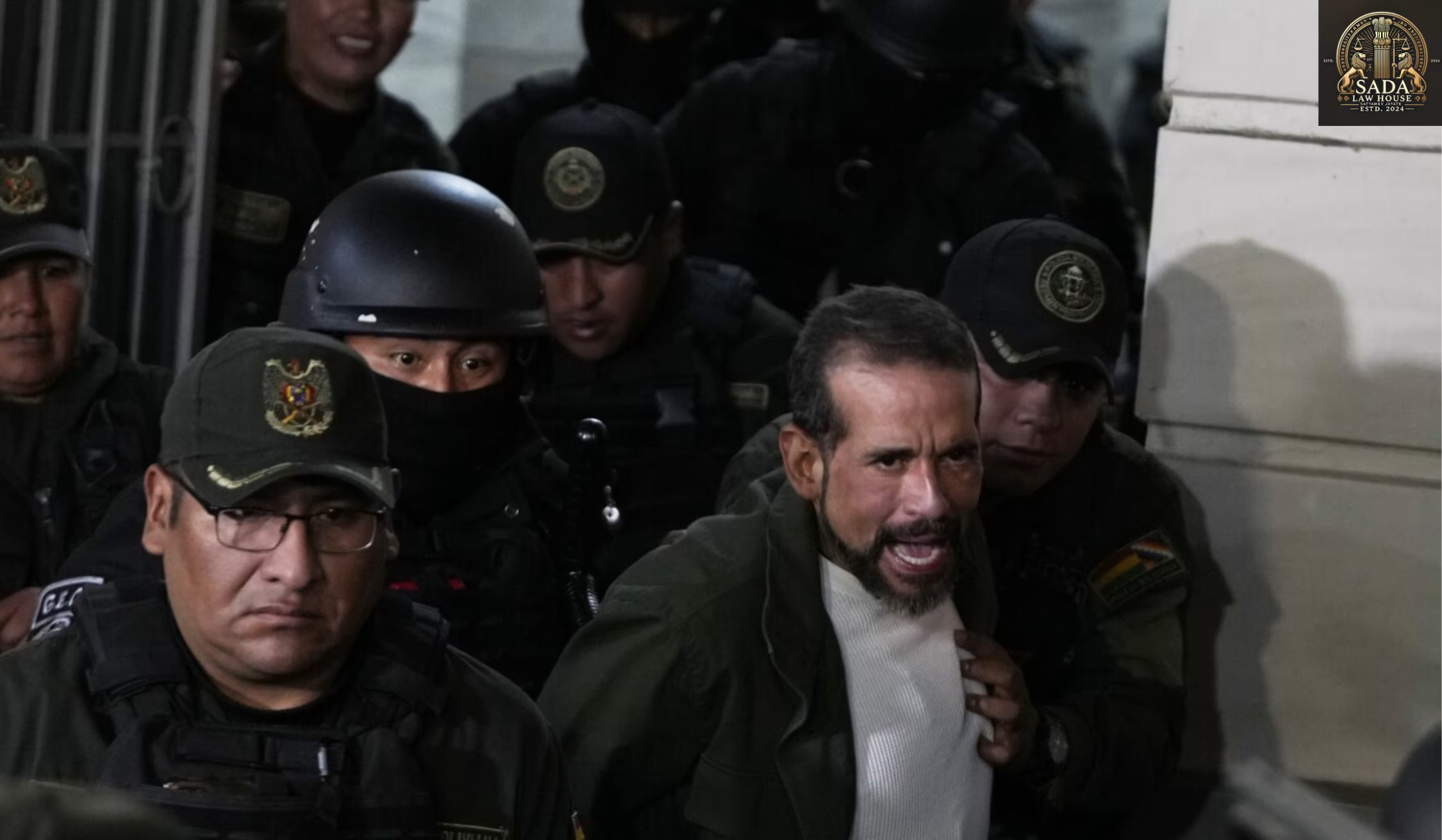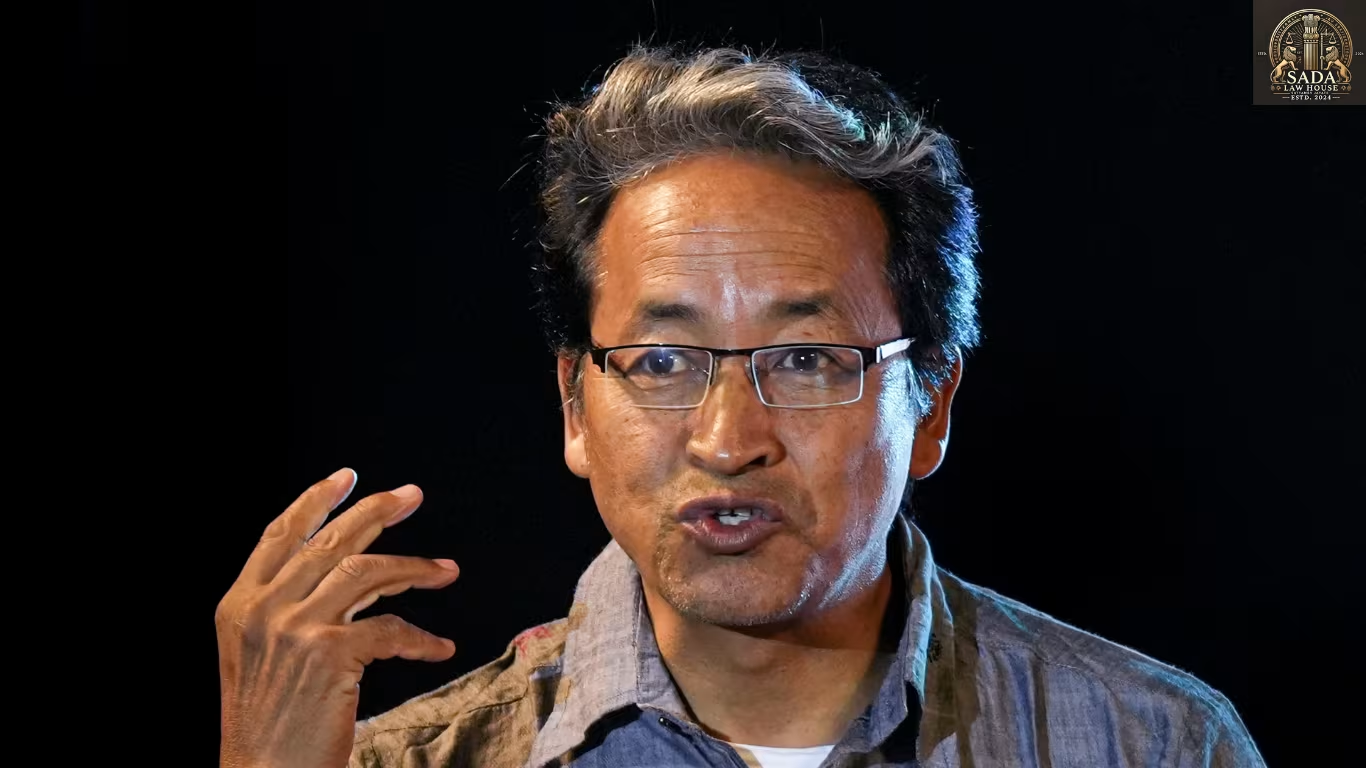U.S. Senator Roger Wicker Pushes Joint Weapons Production with Taiwan, Raising Tensions with China
- Shristi Singh
- 30 AUG 2025

U.S. Senator Roger Wicker’s call for joint weapons production with Taiwan sparks sharp criticism from China, intensifying U.S.-Taiwan defense ties and reshaping Indo-Pacific security dynamics.
Introduction
During his visit to Taiwan on 30 August 2025, U.S. Senator Roger Wicker—Chair of the Senate Armed Services Committee—voiced strong support for joint weapons production with Taipei, including advanced drones. His remarks highlight growing U.S.-Taiwan security collaboration and drew immediate condemnation from Beijing, underscoring heightened geopolitical stakes in the Taiwan Strait.
Context & Background
China continues to assert sovereignty over Taiwan, threatening military action to enforce reunification. Under the Taiwan Relations Act, the U.S. provides indirect arms support, positioning itself as a key defense partner. Wicker’s visit signals Washington’s deepening strategic engagement amid global supply-chain realignments and rising Indo-Pacific security tensions.
Core Developments
Weapons Collaboration
Senator Wicker stressed that strategic drones and other weapons could be co-manufactured in Taiwan to strengthen its defensive readiness.
Informal Security Alliance
Although the U.S. lacks formal diplomatic ties with Taiwan, such visits reinforce Taipei’s access to U.S. defense cooperation, directly countering China’s military posturing.
Beijing’s Reaction
Chinese officials condemned the visit as “interference,” warning that such moves cross Beijing’s red lines.
Regional & Domestic Responses
Taipei: Welcomed Wicker’s proposal, calling it validation of its asymmetric defense strategy.
Washington: U.S. lawmakers, particularly defense hawks, praised the initiative, while the administration has yet to issue a formal policy.
Beijing: Branded the visit provocative, warning of potential retaliation against “U.S.-Taiwan collusion.”
Analysis
1. Deterrence Messaging
The shift from arms sales to co-production represents a strategic escalation in U.S.-Taiwan defense ties.
2. Legal Grey Zone
Without official diplomatic relations, congressional-led initiatives create space for security collaboration beyond direct executive approval.
3. Regional Ripple Effect
Other Asia-Pacific democracies are closely monitoring developments. China may respond with increased military pressure on regional neighbors.
Conclusion
Senator Roger Wicker’s Taiwan visit and call for joint weapons production represent a turning point in U.S.-Taiwan relations. While strengthening deterrence against China, the move also sharpens the region’s geopolitical fault lines, leaving the Indo-Pacific on edge.






